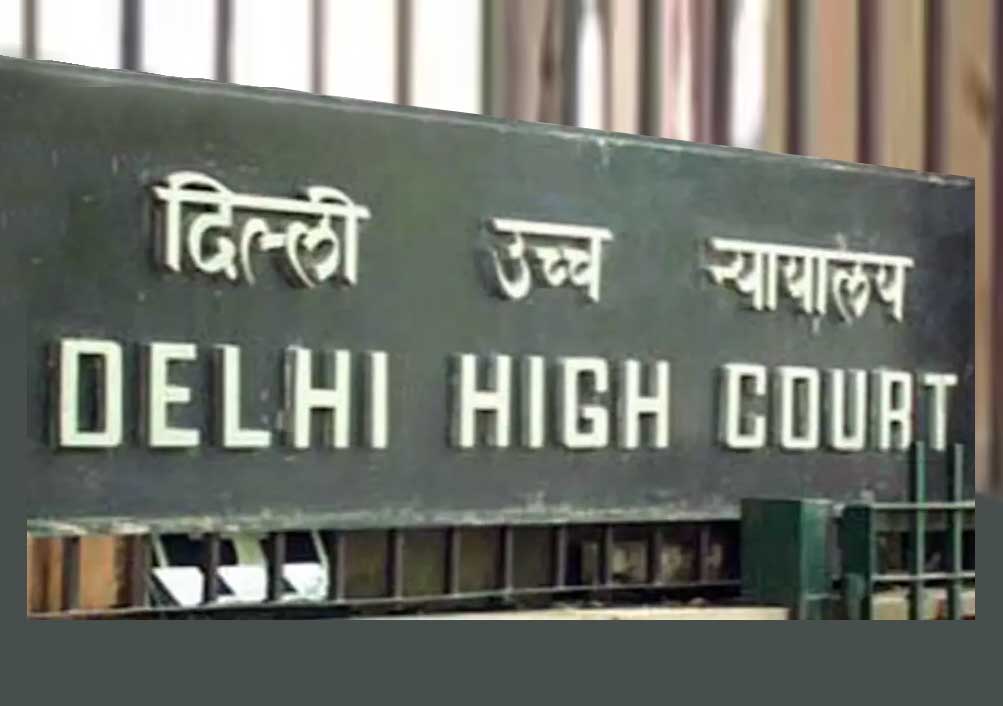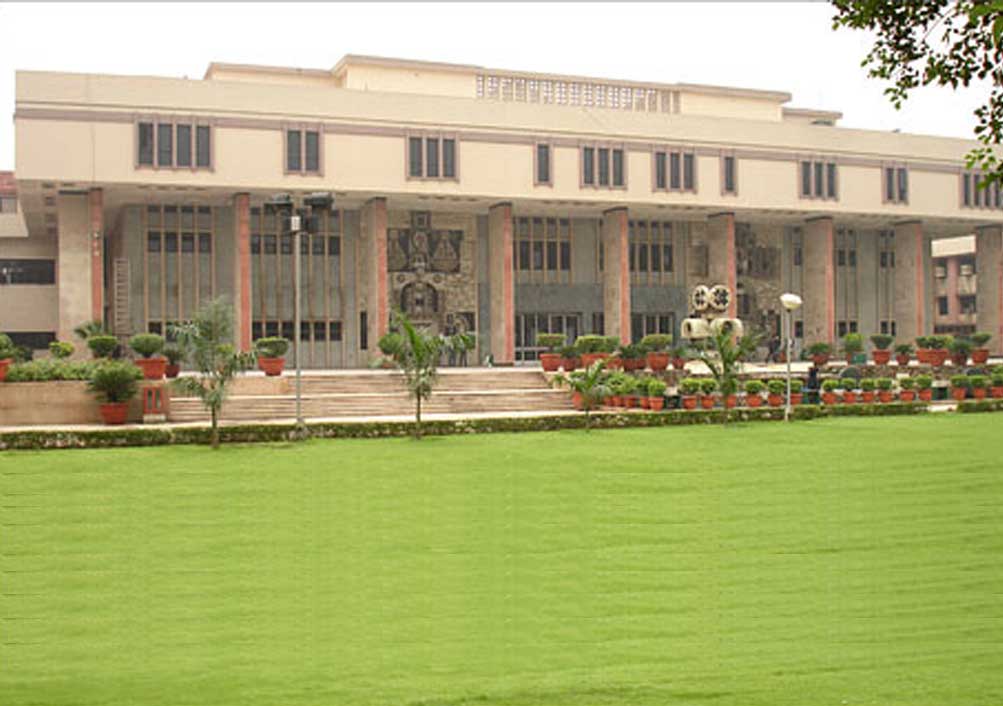Delay in medical emergency cant be condoned, says Madras HC while awarding Rs 5 lakh compensation from corpus fund to deceased’s family

Read Judgement: T.Rajagopal v. State of Tamil Nadu
By LE Staff
Chennai, July 3, 2021: Reiterating that all Primary Health Centres are expected to possess an ambulance to meet medical emergencies, the Madras High Court has awarded Rs 5 lakh compensation for the death of a woman who suffered postpartum haemorrhage and died due to belated shifting to the hospital for blood transfusion.
A Single Bench of Justice N. Anand Venkatesh, referring to the Supreme Court’s ruling in PB Khet Mazdoor Samity v. State of West Bengal as well as the High Court’s subsequent ruling in Thangapandi v. Director of Primary Health Services, emphasized that crucial guard is indispensable against unavoidable delays in medical emergencies.
The Court, while dealing with a petition filed by T Rajagopal, was informed that the deceased wife had suffered excessive bleeding after giving birth to their daughter in a Kanniyakumari Primary Health Centre, for which the doctor recommended shifting to a medical college in Asaripallam for blood transfusion.
However, there was no ambulance readily available at the Primary Health Centre, which the Court observed eventually proved fatal for the woman.
“It is clear that there was a delay in shifting the deceased from the Primary Health Centre to the Medical College. When it comes to medical emergency, delay can never be condoned like how leniently we condone in Courts. Every Primary Health Centre is supposed to have an ambulance readily available to shift patients in case of emergency. It is an admitted case that the Primary Health Centre was regularly dealing with delivery cases and they cannot afford to run without ambulance,” opined the High Court.
The Bench also noted that since the petitioner’s wife was suffering from heavy bleeding, this delay in shifting had ultimately proved to be fatal resulting in her death.
In Medical Parlance, it is referred to as golden hour. R.Adams Cowley, who came up with this term, called this time as the time between life and death.
The Court considered that the case of the petitioner will fall within the requirements of Sub Clause II of Clause 4(G) of the G.O.Ms.No.395, dated September 04, 2018, which necessitated the creation of a Corpus Fund, where government doctors contribute a certain amount which can be paid without unnecessarily burdening any doctor or government institution whenever a case arises for payment of compensation.
Hence, the petitioner was directed to be entitled for compensation under this government order to the tune of Rs 5 lakh.
Sign up for our weekly newsletter to stay up to date on our product, events featured blog, special offer and all of the exciting things that take place here at Legitquest.




Add a Comment